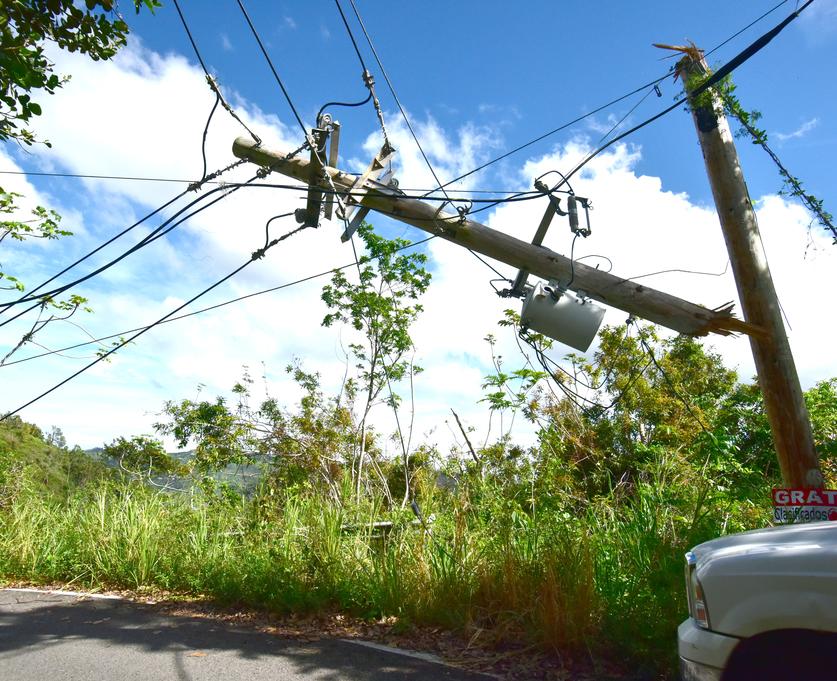
While modern forecasting has given us a lot of time to prepare for hurricanes, many Americans wait until the last second to gather emergency supplies and make an evacuation plan, putting themselves in danger. Storm tracks can be unpredictable, which is why it is important to prepare for the worst and hope for the best in any hazardous situation. This can save a lot of time and money in the long run.
In the lull before peak storm season, check your home to make sure you have all necessary hurricane-proof measures installed. This includes checking for flood vulnerability, installing permanent storm shutters on all exterior windows and roof frame straps, and clearing debris from gutters and downspouts. Look around your home, too. Trim your shrubberies and trees so they are less likely to lose limbs, and check for dead trees that could fall. As the storm approaches, move all outdoor furniture inside and secure whatever you can.
Make sure you have an emergency kit ready. This should include, at a minimum, all essential medications, food and water to last each family member (including pets) at least three days, a flashlight, batteries, and a weather radio. In case local water supplies are contaminated by storm water or otherwise impacted, keep a supply of water in your bathtub and any large containers available. If a storm does threaten your area, avoid unnecessary phone calls to keep communication channels clear for first responders. Stay informed of alerts and updates using your radio, TV, or eMNS.
During the storm, stay hunkered down in the lowest level of your house and away from windows. If you must evacuate, disconnect all appliances and turn off all utilities. Stay out of moving water and do not drive in high water. It is important to practice “turn around, don’t drown” when entering a flooded roadway. Water can be deceptively deep, making it impassible and dangerous for even SUVs and trucks. Stay informed of storm developments in your area and await updates from your Command.
After the storm has passed, stay off the roads as much as possible so first responders can travel freely. Be sure to muster with your Command, and monitor official channels (such as the Installation’s official social media accounts, eMNS alerts, or emails) about Installation closings, changes in operating hours, or road closures.
Photo courtesy of FEMA